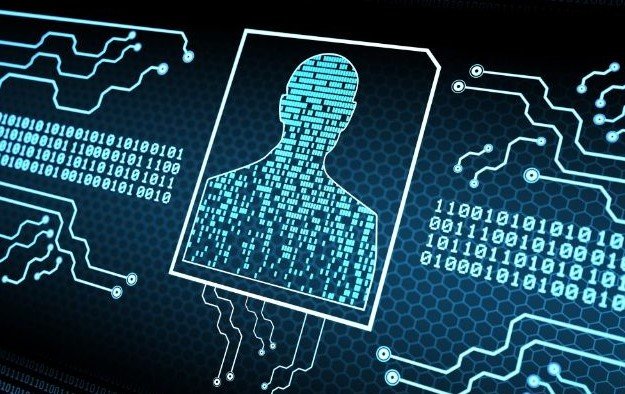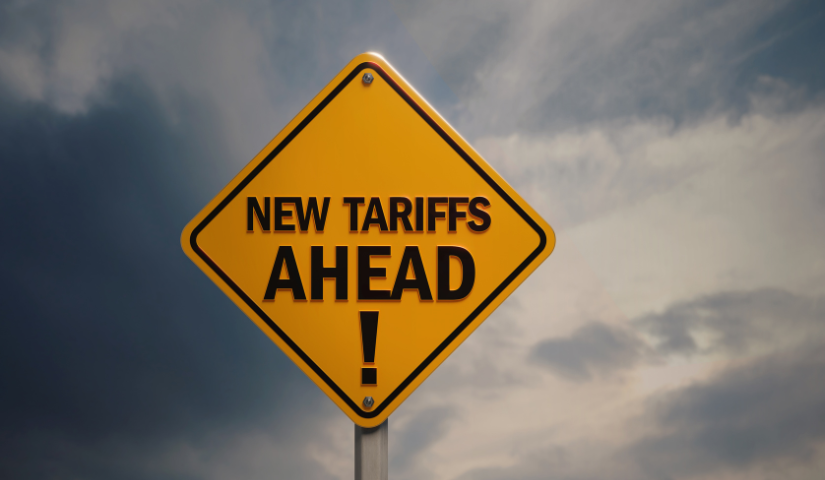
Avoid IPO Filing Hiccups, Follow SEBI’s KPI Standards
By providing for uniform KPI identification and disclosure practices, the new standards foster greater transparency and accountability.

By providing for uniform KPI identification and disclosure practices, the new standards foster greater transparency and accountability.

MeitY’s recent move to allow private entities to use Aadhaar authentication represents a major step toward digital innovation, but it also brings significant legal and practical risks

The PCE facility by NaBFID aims to boost the creditworthiness of infrastructure bonds, attracting more investors and increasing private sector participation.

“Tariff,” a buzzword in the media often cited by world leaders and businesses—feared by consumers and global traders yet favoured by protectionists—has been making the rounds of late.

The significant investments and reforms, the Budget 2025-2026 outlines a clear path towards building a modern, resilient, and globally competitive economy.

Tough times ahead for Digital Video Game resellers: French Supreme Court Ruling in UFC Que Choisir v. Valve

Recent regulatory enhancements, such as the RBI’s guidelines and amendments to SARFESI and RDDBFI have strengthened the framework for InvITs.

The state government has notified amendments to the Tamil Nadu Combined Development and Building Rules, 2019, to permit applicants to secure instant building permits via self-certification.

The Bombay High Court has issued a stay on the Pune District Court’s ruling from last month, which had dismissed the Burger King Corporation’s suit against the owners of Pune-based restaurants alleging infringement of its registered trademark.

Venture debt offers an alternative capital source alongside traditional equity investments, enabling startups to secure additional funding for growth without further diluting equity.
The Bar Council of India does not permit advertisement or solicitation by advocates in any form or manner.
This website is meant solely for the purpose of providing general information and not for advertising or soliciting any work whether directly or indirectly. By accessing this website, www.foxmandal.in, you acknowledge and confirm that you are seeking information relating to Fox Mandal of your own accord. Further, any content provided in this website should not be construed as legal advice. We disclaim all liability for any consequences of any action taken by the user relying on content provided on the website.
By clicking on the “I Accept” button, the user acknowledges that:
To learn more about how we use cookies, please read our Privacy Policy